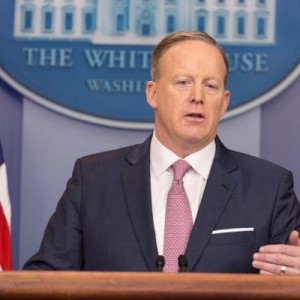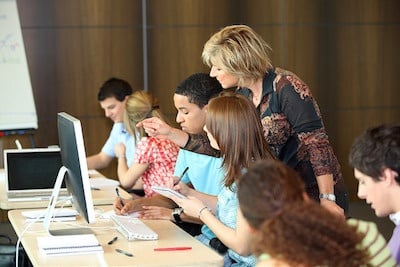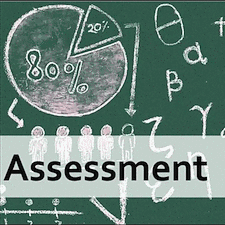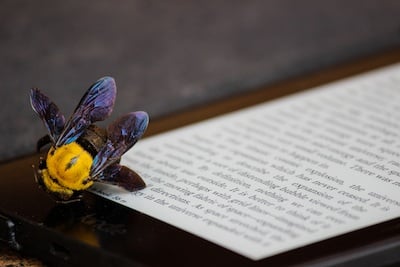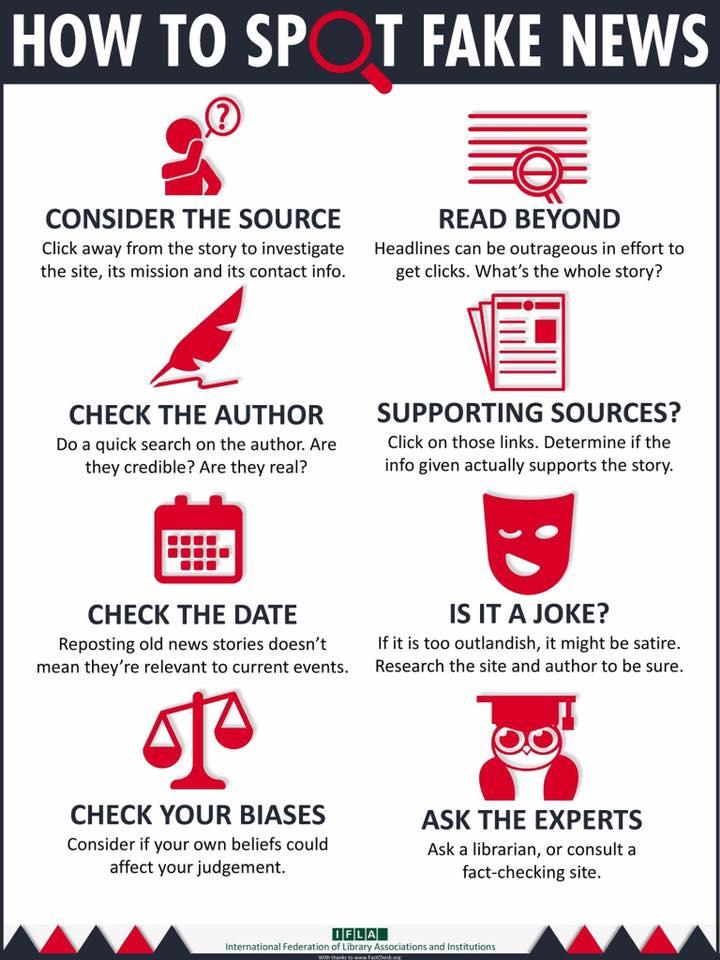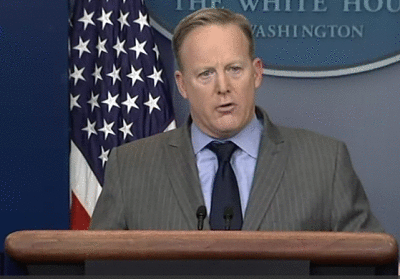A version of this post appeared in the New York Times Magazine, 14 May, 2017.
Faculty Engagement Remains a Concern for Librarians at ACRL
At this year’s ACRL conference we hosted a small booth survey (and raffled off a free year of InfoLit Modules to Carl Andrews, Assistant Professor/Librarian at Bronx Community College!) to get a sense of how librarians felt about FYE, faculty collaboration, and information literacy.
Conferences, First Year Experience, Information Literacy, Uncategorized
Sean Spicer's recent gaffe-riddled press briefing provides a real-time lesson in how the fake news sausage gets made. On Tuesday the White House Press Secretary made a series of what could optimistically be called “misstatements” about Adolf Hitler, concentration camps, and the use of chemical weapons in WWII. What followed is the new normal for 2017: a flood of fake news reports were generated, then shared on social media until it became difficult to discern which Spicer quotes were real and which had been fabricated.
We’ve been hearing a lot about requests for embedded librarians surging in the past year, especially since the term “fake news” entered the popular lexicon last fall. Because collaboration between librarians and faculty is a desired outcome in so many conversations about information literacy (IL) today, we wanted to explore best practices for this strategy.
One of the more heartening things to come of the past few months is that information literacy (along with media and digital literacy) has really come into its own as a mainstream topic. While talk of it used to reside mostly in niche library listservs, websites, and conferences, now it’s everywhere. Fake news may be responsible for many things, but its proliferation also seems to have spiked an interest in information literacy.
It’s on the news, almost every single day. Fake news is being shared, discussed, and analyzed frequently online and in the classrooms. Studies from Stanford to Pew Research have suggested that this topic has been and will continue to be affecting students and their information consumption and research needs but how can librarians make sense of fake news in the research workflow?
First Year Experience in Libraries: Facilitating High Impact Workshops
Raymond Pun is the first year student success librarian at California State University, Fresno. In the coming months, he will bring his unique perspective to a series of posts for the Credo Blog as our First Year Experience Correspondent. Stay tuned for more FYE insights from Raymond, and join him on March 8th for his webinar, The First Year Library Experience: Best Practices and New Directions.
Over the weekend, one of Donald Trump’s senior advisors rejected the premise that the president and his press secretary were spreading falsehoods about attendance at Friday’s inauguration. Kellyann Conway said that they were sharing “alternative facts,” a term that drew befuddled laughter from her interviewer.
FYI: Libraries supporting FYE programs can impact retention
At the intersection of college preparation and student success is the first year experience program (FYE). More schools every year move beyond the simple orientation to offer some type of course or seminar with the goals of building a deeper relationship with their students, connecting these students to campus resources, and honing their academic skills.



